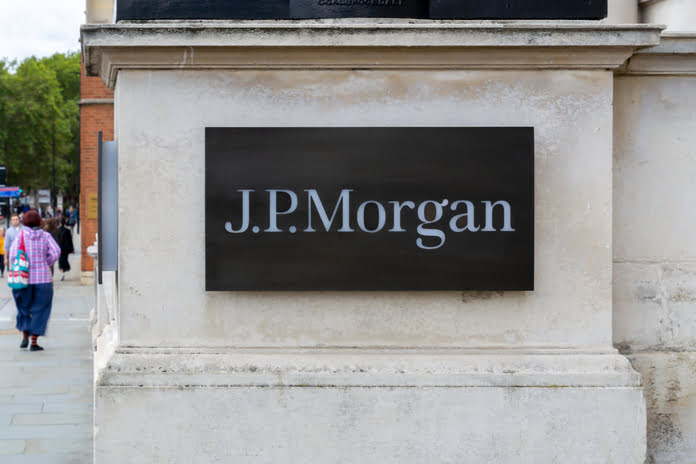Daniel Pinto, president, and chief operating officer of JPMorgan (NYSE:JPM), feels that loan demand is dropping amid prospects of an economic slowdown/recession.
“There is no doubt that regional banks and smaller banks are building liquidity and capital, so they are lending a little less,” Pinto said on Friday. I don’t believe the big banks have changed their lending rules… there isn’t a lot of loan demand, to begin with.”
He went on to say that there will be a “recession at some point.” But I don’t see a crisis right now. It’s simply a slowing of the economy.”
Banks’ interest income and margins increased in the first quarter of this year, owing to increased loan balances and higher interest rates. While interest rates are predicted to stay high in the short term, loan growth is expected to decelerate slightly due to lower consumer expenditure.
According to Brian Moynihan, CEO of Bank of America (NYSE:BAC), consumer spending has slowed following the Federal Reserve’s run of interest rate decreases to cushion the US economy from pandemic-induced uncertainties.
According to Moynihan, the slowdown in consumer spending suggests that the Fed has “won the war” in its battle to cool the economy and bring inflation down.
In addition, JPM, like other Wall Street banks, has cautioned that the economic downturn and uncertain outlook will have a detrimental impact on its investment banking (IB) division this year.
JPM released guidance for IB and market revenues, which are estimated to be down 15% in the first half of 2023, at its Investor Day last month.
JPM shares have gained 6.7% over the last six months, while the industry has lost 6.6%.
My Opinion
The current difficult economic situation has resulted in a protracted slowdown in the IB industry. Geopolitical tensions, inflation, rising interest rates, and worries of a worldwide recession have all acted as stumbling blocks for mergers and acquisitions.
As a result, deal volume and overall deal value have plummeted. IPOs, follow-up stock issuances, and bond issuances have all dried up for the same reasons.
As a result, while JPMorgan’s market revenues have provided some support, the company’s IB performance has been modest amid an industry-wide drop.
BAC’s trading results were outstanding in the first quarter, but total IB fees fell 24.1% year on year, echoing the underwriting business’s poor performance throughout the industry. Advisory fees fell by 28.7%.
Even Bank of America anticipates that its IB fees and trading income will be roughly flat in the second quarter of 2023.
Morgan Stanley’s (NYSE:MS) trading and investment banking outlook is similar to that of BofA and JPM.
Morgan Stanley’s co-president, Andy Saperstein, predicts a year-over-year fall in trading and investment banking revenues in the second quarter of 2023.
Because of the more difficult economic situation, Morgan Stanley’s sales and trading “results will be notably down year over year versus a strong second quarter last year,” according to Saperstein, while “investment banking is also very challenged.”
Featured Image: Megapixl © Goldenhind









